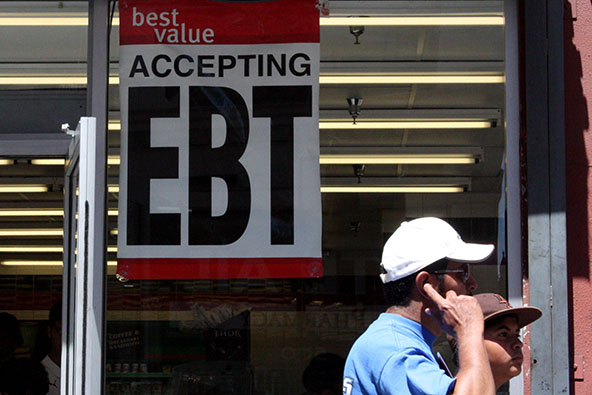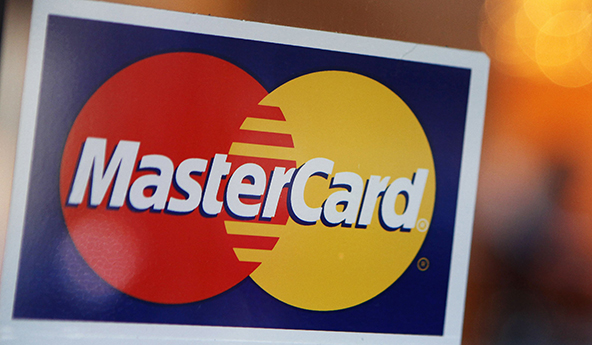Lessons from a Failed Credit Card Processing Proposal

I’ve been quite ambivalent about writing this post, because I don’t think that what we recently went through during a failed bid for the business of a household-name global non-profit organization is by any means unique. It just didn’t seem as if there was anything new to be said about a process that countless other credit card processing companies have gone through and will do so in years to come. Yet, we learned a lesson or two from the experience and so may you, so here it is.
The Set-up
So a couple of months ago we were contacted by a Washington, DC-based consultant who stated that he was representing a non-profit organization that was looking for a new credit card processing provider. I ended up speaking with him and was quite impressed with how knowledgeable he was about our industry.
Now, I should digress a little and share with you that speaking with a prospective client who understands how the bank card industry works and especially the differences between the various pricing models is a quite rare occurrence. In fact, I can’t remember the last time it happened to me.
Anyway, no concrete details were disclosed during this initial conversation, so I didn’t know who the client was, nor did I know what their processing volumes were and quickly forgot about it.
A couple of weeks later I was contacted again by the consultant who now revealed the name of their client and emailed me a spec sheet with the details of their operations and requirements. His client was doing about 90,000 transactions a month, with an average ticket of $17.
The Client’s Predicament
The client of course was looking for lower rates, as everyone else does, but they also had a unique issue they needed to get resolved. About 90 percent of the client’s donations were collected monthly in recurring installments for a year. The problem was that 6 percent of the cards used in these recurring contracts became invalid at some stage of the 12-month donation cycle, which was costly for the client both because of the lost donation amount, but also because of the chargebacks they were incurring and the additional administrative expenses, associated with dealing with the issue.
One way to deal with this predicament, perhaps the most straightforward one, is to use the MasterCard and Visa card updater services, which automatically update the card information on file with participating merchants. These are designed specifically for dealing with card attrition in recurring payment arrangements and do a good job at keeping account information current.
The consultant had done his home work, so he knew about the updater services and was looking for a processor that supported them. In fact, he found us while educating himself on the subject and coming across an article on the two services on our blog.
Our Bid
We knew that we had to go very low with our proposal, if we stood any chance of winning the contract. So we did. To give you an idea of how low our bid was, all I need to tell you is that, if we had won it, our revenues from this account would have been equal to what we typically get from an account that is five times smaller. Of course our expenses would have been much higher in maintaining the larger account, so our profit would have been substantially lower.
On top of that, we proposed to pass the updater fees our acquiring bank charges on to the client without adding any surcharge, which meant that our revenues would consist exclusively of the processing fees.
The Outcome
To make a long story short, I was eventually contacted by the consultant and informed that someone else had won the contract. What was the winning bid? About half of what we had proposed!
Think about that for a second. The winning party will be processing the payments of a 90,000-transaction-per-month account and will probably be collecting revenues equal to what they would be getting from a 9,000-transaction-per-month one. When you consider the extra expenses for servicing the much bigger account, you are left wondering whether it is worth having such a client in the first place. In fact, I think that there is a strong probability that no profits will be made at all.
It turned out that the only thing that had kept us in the race was the very low card updater fees we had offered. I guess the other bidders had calculated that low-balling the headline rate could be at least partially offset by charging higher fees for the add-on services. Yet, this may turn out to be an error, as even before the decision was made, the consultant was already asking me if the account could be set up without the card updater (the answer is yes). And anyway, the updater would be used for only 6 percent of the accounts.
The Takeaway
I am now reminded of an advice given by a successful entrepreneur in an autobiographical book I read recently. He said that you should never participate in an auction, unless you are the one soliciting the offers. I think that is good advice.
Even if we had won the contract, I wonder if it would have been worth it. On paper, it does not make sense at all. The only thing we could have gotten out of it that a five times smaller account would not have given us would’ve been some extra publicity. We would have written papers and produced videos and other marketing material to tell everyone that we had been able to save a well-known non-profit organization a great deal of money. OK, but what would we have done when everyone who read the paper and saw the videos demanded the same low pricing? Would we want to be known as the cheapest processor there is? Would that be the way for us to go forward? I think we now know the answer to these questions.
Image credit: Acrossthefader.biz.



Hello,
I am the beginner in payment processing and just started to follow your posts to educate myself and get better understanding about How Payment System works.
I have a query above article.
Query:
Is it possible to build a mechanism to identify the expiring cards before its been send for processing? If it works, the customer no need to pay the card updater services fees.
I think the expiration date is one of the parameter supplied by the customer itself and it should have been verified by the first recurring cycle itself. Please correct me if i am wrong?
As I said, I am a beginner so kindly accept my ignorance if my query is missing very basic rule.
Thanks,
Murugesh
Hello Murugesh,
If it is a one-time payment, the transaction will not receive an authorization approval, if the wrong expiration date was provided. In recurring payments, the Visa and MasterCard updaters are the services that we use to keep card information, including expiration dates, current. I don’t think that you can build an independent system to do that, because I don’t know how you will be able to convince all issuers to work with you, even if Visa and MasterCard allowed you to do that in the first place.
Anyway, using the updaters will only cost you $0.10 – $0.20 or so per updated account, depending on your processor’s pricing, so I don’t see why you would want to build a complex system like that, even if you could.
There are plenty of systems out there that are designed to handle automated recurring transactions. Some of the systems include the ability to notify the cardholder and the merchant automatically when someone’s card on file is going to expire in the next XX days. We have ours set to notify 90 days prior and the merchant can turn the notification on or off and set who should receive the notice (the merchant, cardholder, both or neither). This is completely free and is just logic built into the system. Here’s an example (15th of month is the name of the recurring group I have her in):
UPCOMING CREDIT CARD EXPIRATIONS SUMMARY =======================================================================
15TH of Month: Barbara XXXXXXXXXX – will expire on 02/01/2012